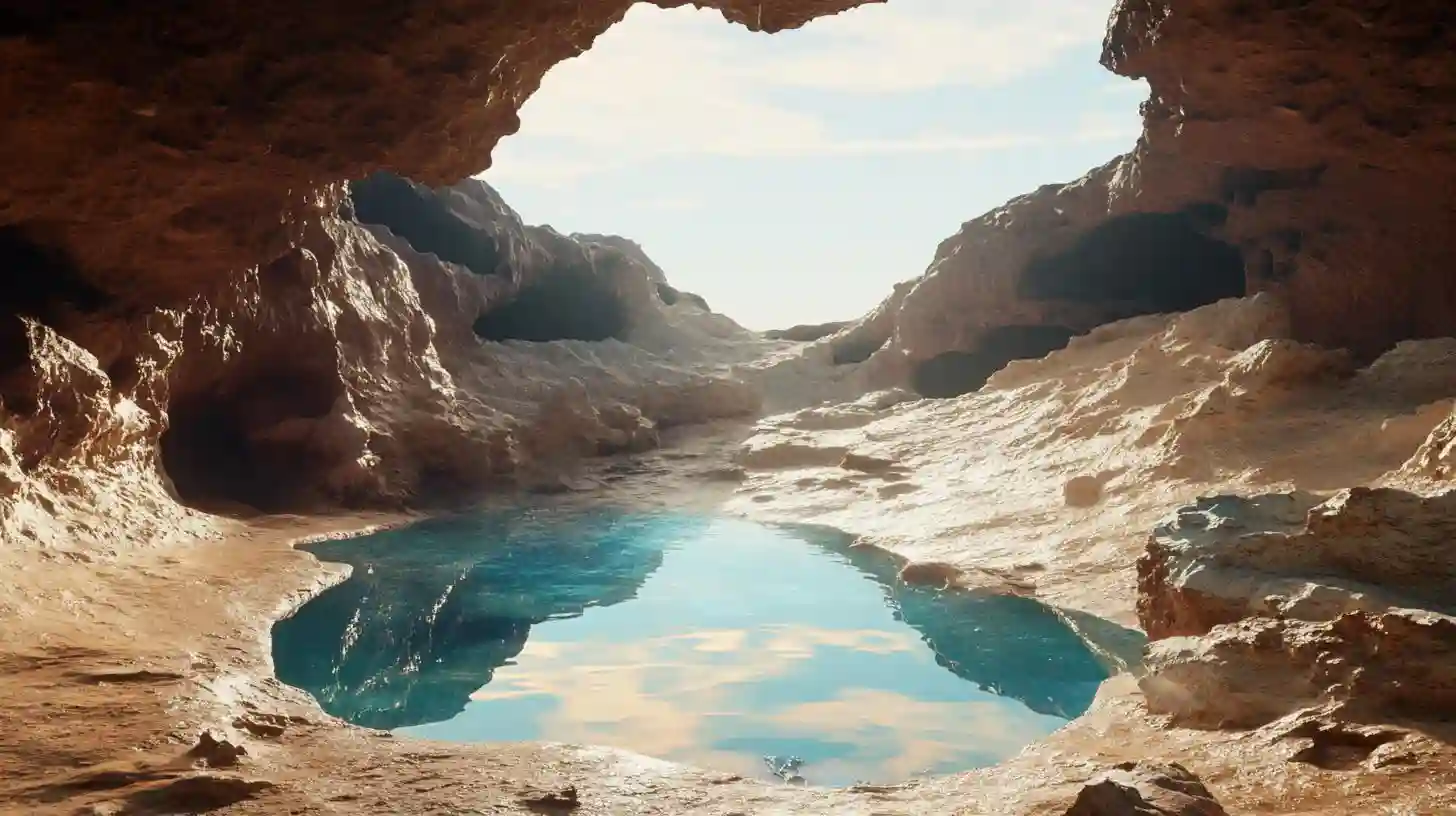
Recent advancements in space exploration have led to a monumental discovery that could significantly reshape our understanding of Mars and its capacity to support life. Scientists, through extensive research and a variety of sophisticated technologies, have gathered substantial evidence indicating that water exists on the surface of Mars. This revelation is pivotal not only for astrobiology but also for the future exploration of the Red Planet.
The quest to detect water on Mars has captivated scientists for decades. Initial observations from spacecraft revealed signs of dry riverbeds and ancient lake beds, leading to speculations about the planet's wet history. However, obtaining concrete evidence of contemporary water sources proved to be more complex. The use of advanced imaging techniques via orbiters like the Mars Reconnaissance Orbiter allowed researchers to identify various geological formations that suggested the presence of liquid water just beneath the surface.
Complementing orbital data, land-based investigations provided further validation. Rovers and landers equipped with sophisticated sensors have analyzed surface materials, helping to discern the composition of Martian soil. These analyses not only revealed frozen water in the polar ice caps but also hinted at briny water flows that may exist in certain regions during warmer months. The idea of transient water flows, especially in the form of salty brines, transforms our understanding of Mars from a cold, desolate planet to one that exhibits dynamic processes.
The identification of water on Mars opens the door to numerous exciting possibilities. Water is a crucial ingredient for life as we know it, and its presence amplifies the chances of past or even present microbial life existing on the planet. This potential for life ignites further curiosity and draws attention to the need for expansive exploratory missions aimed at deeper investigation.
Moreover, water is essential not only for potential biological processes but also as a vital resource for human missions to Mars. Establishing a human presence on the planet would necessitate sustainable living conditions; the ability to harness local water supplies would be instrumental in establishing colonies. As we move towards manned missions to Mars, knowing where water is available could significantly reduce the payload required to transport water from Earth, aiding in the feasibility of long-term exploration.
The implications of finding water on Mars extend into various scientific realms, including geology, climate science, and astrobiology. The Martian environment offers a unique perspective on planetary evolution and the resilience of life amid extreme conditions. By studying Mars, researchers can draw comparisons with Earth, enhancing our understanding of climate change and resource management on our own planet.
Furthermore, this discovery connects seamlessly to the broader goals of space exploration. Mars continues to be a focal point in the search for extraterrestrial life, and ongoing missions aim to unlock more secrets about this enigmatic planet. The knowledge gained from studying Martian water could inform our explorations of other celestial bodies within our solar system, as scientists often look for water as a key indicator of habitable environments elsewhere.
Educational institutions and public interest in space science have surged, particularly with the continuous flow of new information regarding Mars. This increasing fascination drives the next generation of scientists and engineers to explore careers in space exploration. As enthusiasm builds, funding for NASA and other space agencies has accelerated, allowing for more ambitious missions to develop and pave the way for future Mars endeavors.
Ultimately, the confirmation of water on Mars not only represents a major scientific milestone but also inspires humanity's innate desire to explore the unknown. It embodies a testament to the power of human innovation and scientific inquiry, pushing the boundaries of what we know about our universe. As we stand on the brink of these discoveries, we find ourselves faced with questions that challenge our imagination and stimulate our quest for knowledge. The journey to uncover the mysteries of Mars is far from over, and each breakthrough, especially regarding the presence of water, brings us closer to answering whether we are alone in the universe or part of a broader tapestry of life that spans the cosmos.